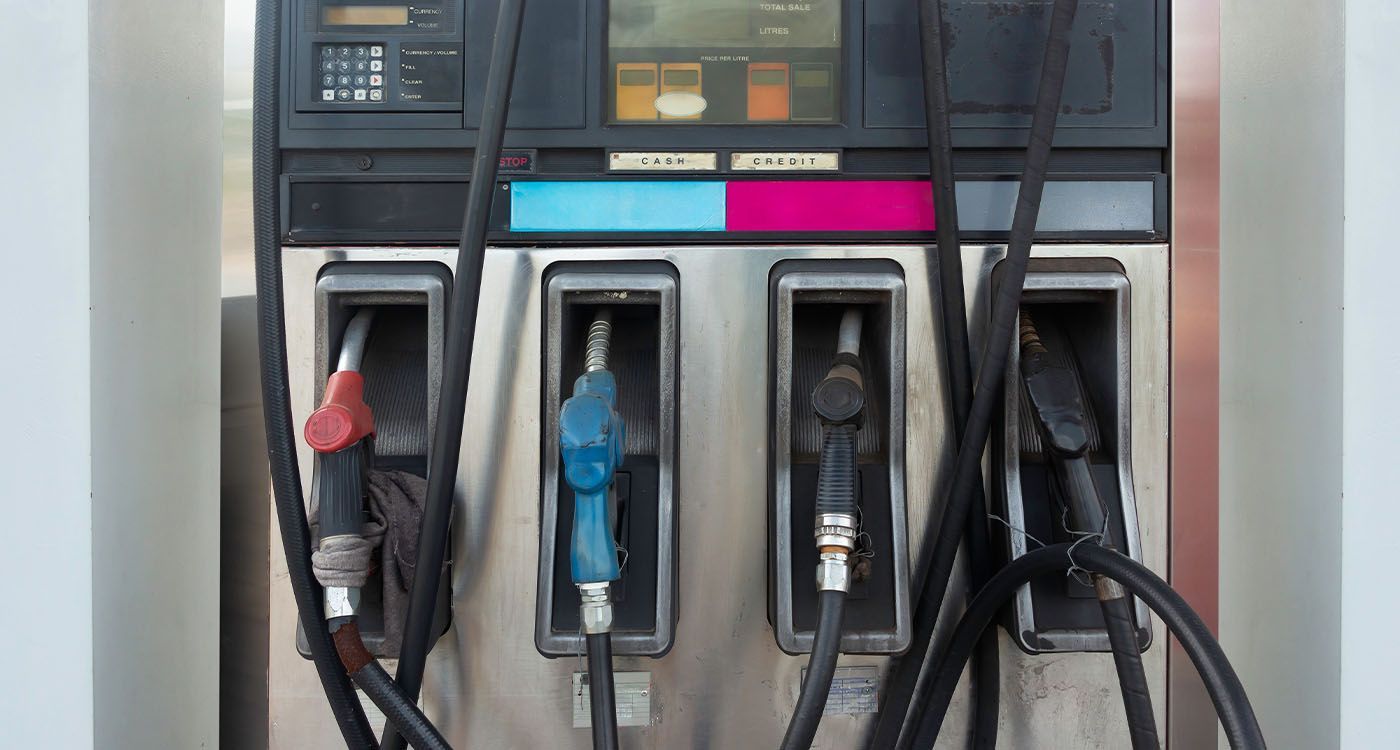
As Lebanese families struggle with shrinking incomes, soaring costs and a political class stuck in gridlock, the government has unveiled a “brilliant” new plan to refill the treasury: raising fuel prices. The official reason? Funding social benefits for active and retired military personnel. The unspoken truth? When everything’s falling apart, why not hit citizens where it hurts the most – their wallets.
Thursday night brought a shocking surprise at the fuel station: gasoline and diesel prices surged, despite a 17% drop in global oil prices since February. Yes, you read that correctly. While prices are falling worldwide, in Lebanon, they’re climbing. This is the Lebanese exception – flammable edition. In short, a price hike running completely against the global market trend.
Regular 95-octane gasoline rose by LBP 100,000 to LBP 1,489,000 per 20 liters, while 98-octane increased by LBP 101,000 to LBP 1,529,000. Vehicle diesel jumped LBP 174,000, reaching LBP 1,393,000, and generator fuel went up by $96.39 to $716.51 per kiloliter. The price of domestic gas cylinders remains unchanged. Importantly, these prices are not temporary – the added costs built into the rates will stay in place, regardless of fluctuations in global crude prices. In other words: we pay more, even when it costs less.
Social Benefits Borne by the People
Officially, the hike is meant to fund subsidies for the military: LBP 14 million for active personnel and LBP 12 million for retirees, starting in July. A noble goal, no doubt. But in a country where the minimum wage barely covers two full tanks, making citizens foot the bill for these social benefits borders on absurdity.
Minister of Information Paul Morcos sought to ease public concerns after the cabinet approved the decision, insisting that “this is not a price increase, but a return to previous rates.” A flawless logic: no hike, just going backwards… except that the cost of living has kept moving forward.
The hike sparked outrage among the unions. Bassem Tleiss, president of the drivers’ unions, was blunt, “The government keeps hitting citizens with new burdens, as if there’s no limit to what it can push on them.”
Tleiss isn’t the only one speaking out. Transport federations are calling urgent meetings, with talk of mobilization – and even strikes.
Amid the turmoil, one thing has held steady: the price of bread. Thanks to World Bank subsidies for wheat, an 840-gram loaf still sells for LBP 65,000. Minister of Economy Amer Bisat underscored the strict ban on any price increase.
He also warned against groundless hikes, especially by shop owners and private generator operators – now central figures in the country’s rising household costs. Inspection campaigns are planned, and violators will be “brought to justice.”
Maroun Chammas, head of the oil importers’ syndicate, was very clear: for them, “prices and profits remain unchanged.”
In short? Lacking budget solutions, the government reached for the simplest option – tax movement. Those who drive, deliver and work will pay more so the state can meet its obligations.
Because when the state runs dry, it’s the citizen who breaks down!




Comments